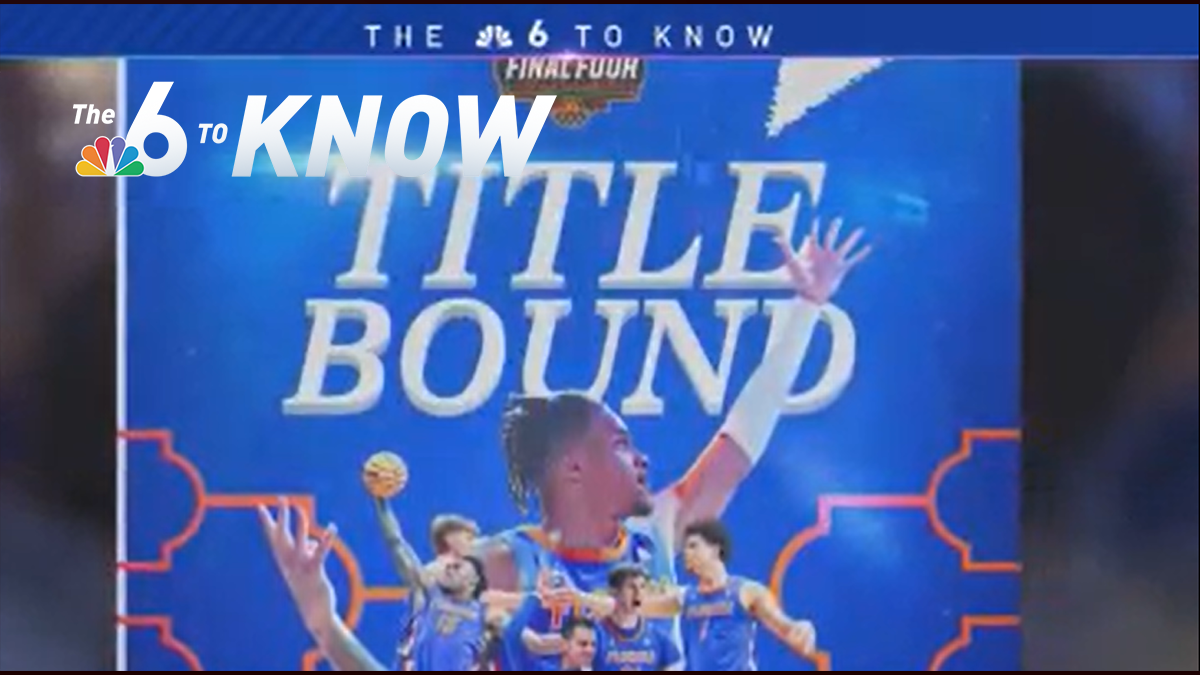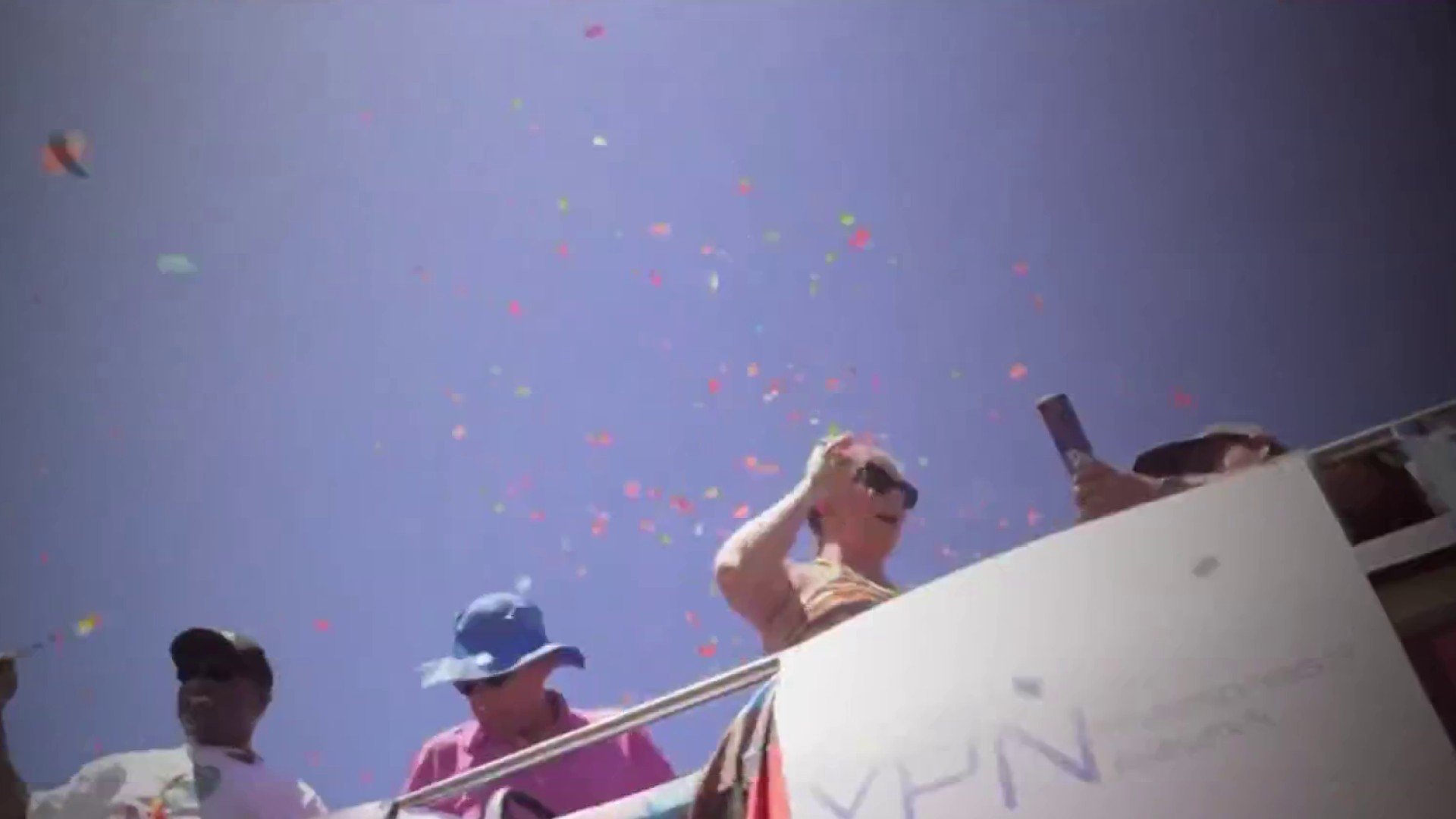The Supreme Court seems likely to uphold a law that would require TikTok to be sold or shut down in the United States. NBC6’s Sophia Hernandez reports
Arguments have ended in the Supreme Court hearing Friday, over whether or not ByteDance will have to give up ownership rights to TikTok, or risk shutting down the app for its 170 million U.S. users.
The Supreme Court seems likely to uphold a law that would require TikTok to be sold or shut down in the United States.
Watch NBC6 free wherever you are
The justices claimed while there are concerns that this law is against First Amendment rights, it’s aimed at TikTok’s ownership rather than its speech.
In a rather swift hearing, Supreme Court justices heard from two attorneys with TikTok and ByteDance who claimed the ban was a violation of free speech.
Get local news you need to know to start your day with NBC 6's News Headlines newsletter.
“The record also shows through our transparency reports that we haven't removed or restricted content on the TikTok platform in other parts of the world," said Noel Francisco, one of the lawyers representing TikTok. "And TikTok doesn't operate in China. It operates in other parts of the world. We haven't removed restricted content at the request of China."
Elizabeth Prelogar, the U.S. Solicitor General, claimed the ban is an effort to protect national security.
“All the act is doing is trying to surgically remove the ability of a foreign adversary nation to get our data and to be able to exercise control over the platform," Prelogar said.
Local
The justices seemed satisfied that the ban was not brought about to censor user content or to limit expression, but rather to ensure that the Chinese government does not have access through ByteDance to user information, data, and is not able to influence the algorithm or content users see.
“When you download an app you click a button that says accept, do you read the fine print? Probably not,” said Guy Garrett, the associate director of technology and training at GenCyber Sunshine Coalition PI.
Garrett, who is also with the University of West Florida, says all social media apps are free, but the cost is your data and their ability to access it.
“And the challenge with TikTok is that their permissions are very broad. The app has the potential to access keystrokes, swipes, access any photo on your phone, not just the ones you share. Now is that being done? We don’t know. But the potential is there and if it ever happens, you gave them permission because you signed a contract," he said.
It’s what the ban is looking to protect, but at what cost?
170 million people use the platform and many for information.
Amy Ito, known as @nailsbyamyito on TikTok, has more than 42,000 followers on TikTok and grew her clientele through the platform.
It’s where she and her friends get their latest news, especially now with the wildfires in California.
“I found all of that information firsthand from TikTok. Not just news outlets posting it live but everyday people such as myself being able to post their point of view of what they are losing, the fires, where they are," she said. “And removing a platform like that, how will I get, I don’t know this new generation uses TikTok as a source of information and of course with everything we have to make sure it’s a reputable source.”
Ito says she’s worried about the precedent this ban may set.
“TikTok does give people a platform to express themselves, show their work, and connect with others and I think taking away a platform as big as TikTok, censoring that seems to be an infringement on our free speech," she said.
But in discussions Friday by the Supreme Court, they emphasized that the problem wasn’t TikTok itself. The problem is the ownership being owned by a foreign adversary, in this case, China.
There was also discussion that if the Trump administration so chose to, they could not enforce this law.
However, that doesn’t change the fact that ByteDance has until Jan. 19 to sell TikTok to another developer or company that is US-based.
And if they do not sell, TikTok would be banned in the U.S.
The Supreme Court is expected to rule pretty swiftly, potentially sometime this coming week.



